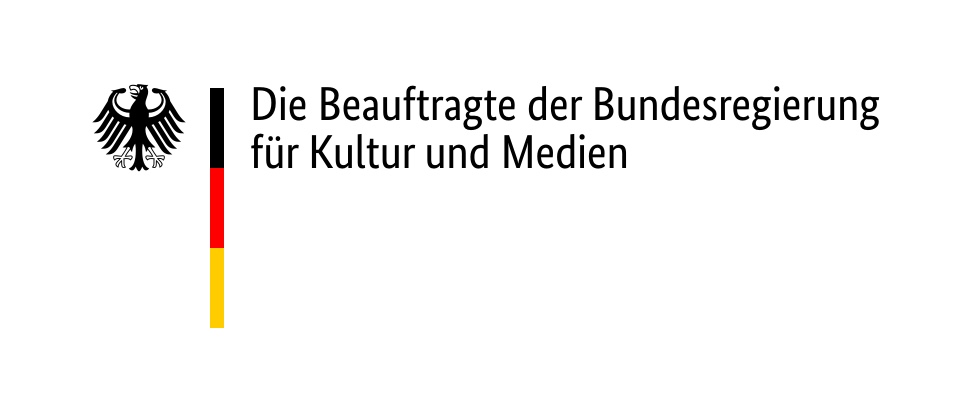Call a Scientist I
{{ time.start_TS | TS2dateFormat('MMM') }}
{{ time.start_TS | TS2dateFormat('YYYY') }}
| free of charge |
| 6 years and older |
| German |
| Humboldt Lab, 1st floor |
What are scientists researching in Antarctica? What is it like to live in a research station at -40 degrees outside? And how is the southernmost continent changing in the face of global warming? On 25 February, the Humboldt Laboratory will be hosting a live broadcast to Antarctica. Visitors to the exhibition After Nature can talk to overwinterers from the Neumayer III polar research station and ask them questions.
The aerospace engineer and meteorologist Lukas Muser and the mechanical engineer and geophysicist Nora Schoeder provide information about life in the eternal ice and their scientific investigations – which are used for research on climate change, as well as earthquake measurement and compliance with the Nuclear Test Ban Treaty.
Lukas Ole Muser studied aerospace engineering at the University of Stuttgart until 2017. In 2022, he earned his doctorate in meteorology at the Karlsruhe Institute of Technology (KIT) and then worked as a guest scientist at Deutscher Wetterdienst (German Weather Service). Since August 2022, he has been living as a winterer at the Neumayer III Station in Antarctica and is in charge of the meteorological observatory there. The data he collects is not only used in the daily weather forecasts of various weather services, but also serves as a long-term measurement series for climate scientists as a data basis for their research.
Nora Schoeder studierte bis 2015 Maschinenbau und war zuletzt bei der Raumfahrtagentur des Deutschen Zentrums für Luft- und Raumfahrt angestellt, wo sie in der Fachgruppe Robotik, Digitalisierung und Künstliche Intelligenz tätig war. Neben ihrer beruflichen Tätigkeit studiert sie Geophysik und lebt, nach einer mehrmonatigen Vorbereitungsphase am Alfred-Wegener-Institut, seit Dezember 2022 in der Neumayer III-Station in der Antarktis. Dort betreut sie die geophysikalischen Observatorien in den Bereichen Seismologie, Magnetik sowie Infraschall. Mithilfe ihrer Tätigkeiten können unter anderem Erdbeben detektiert, das Erdmagnetfeld vermessen und die Vereinbarungen des Kernwaffenteststopp-Vertrags überprüft werden.




